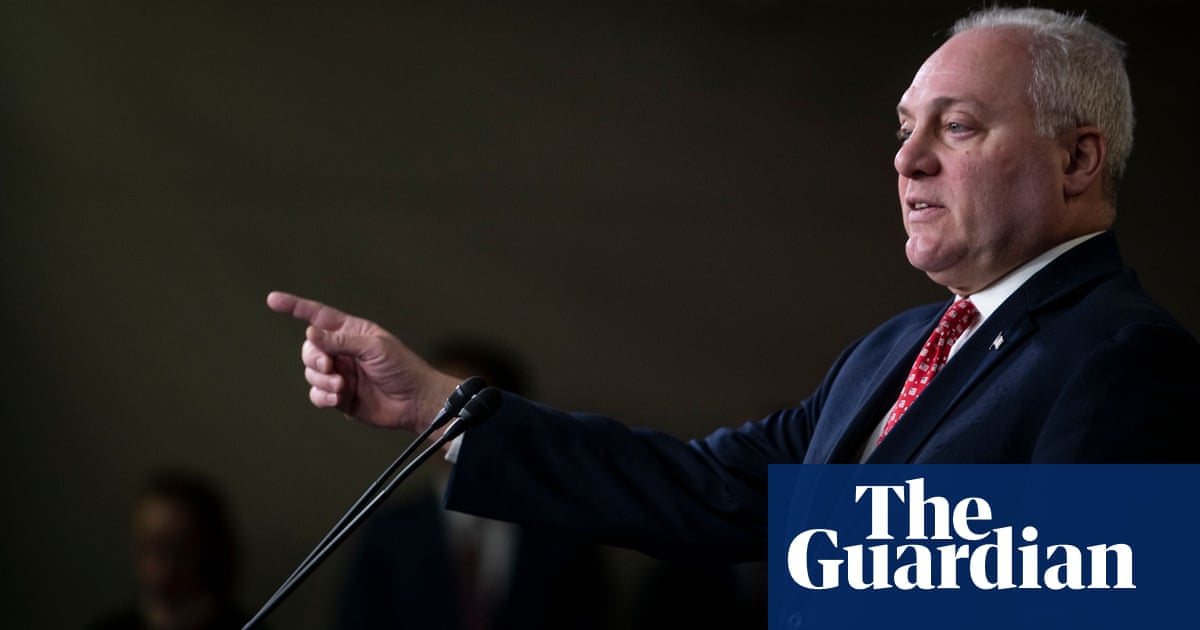
Singer Olly Murs is the most successful male solo act to emerge from The X Factor. As a runner-up on the 2009 series, the Essex-born performer went on to release five platinum albums, as well as becoming a TV presenter, an X Factor host with Caroline Flack and a coach on The Voice. His latest album, Marry Me, is out on 2 December.
I’m aged two, outside the house I grew up in, in Witham, Essex. We had a little garden, and just like the rest of my family I was mad about football, even at that age. I wonder what I was thinking.
My nana said I was a delicate soul when I was little. I was like a soft toy who’d try to get involved but would get barged out of the way by Fay, the dominant sister who wanted to take control, and my twin brother Ben, who was a live wire. That changed as I got older and more rough and tumble, but I was still very sensitive and didn’t want to hurt anyone. When I was a baby, Mum had no trouble getting me to eat or sleep. Even now, I eat lot, and if sleep was an Olympic sport, I’d win gold.
My childhood was really fun, but it was disciplined as well. My parents made sure we were in line, but they gave us what we wanted when they could afford it – apart from one Christmas when I didn’t get the Crayola pens I’d asked for. I got cheap 99p filter pens that broke when you pressed too hard. I was heartbroken.
Sunday was always a special day in our family. Our house was like Witham’s Got Talent, but without the talent. We were a very loud group of people who all wanted attention and loved to party – my grandparents lived up the road and we’d get together and have a roast and play and sing songs, everything from pop to rock and soul. My dad is obsessed with music and has amazing taste – a real purist – and while I hated the Smiths as a teen, I got really into them in my 20s.
In Essex during the 90s, performing arts was the opposite of sport, so the boys playing football would often say to me: “You’re going to drama class? Lads don’t do that!” I fought against it and I could stand up for myself, but I’ll always regret choosing PE instead of music for my GCSEs. My music teacher was so confused as to why I dropped it, but I didn’t have anyone around me who believed in me as much as him, and I wasn’t confident enough to sing in front of people.
I still used to belt out the hits after football, though. It made Ken, my Scottish football manager, furious. One time we lost badly at a cup match. I was washing myself in the showers and he came into the changing room and said: “Who the fuck is singing in the fucking shower? We just fucking lost!”
In my early 20s I was working at a call centre for Kitchens Direct. Big Brother was the biggest show at the time. One of my colleagues mentioned there was an audition in London, so we all went off on Saturday to give it a shot, just for a laugh more than anything. They spoke to us for two minutes and said: “None of you are interesting enough” and sent us home.
Soon after that, I was going through a breakup with my first girlfriend, and my mum and dad said: “Right, we’re going to get you on TV. We know you’re not the most intelligent, so you’ll be no good on a quiz show, but you’d be good on Deal or No Deal.” So I did it – at the time I didn’t want to be famous, but I was soul-searching, and I thought if I could win £10K, that would massively change my family’s life. Sadly, I only took home £10.
X Factor was different. I was on that show searching for belief, for someone – Simon Cowell – to tell me I was good enough. I went and auditioned but didn’t get through the first time. I didn’t pick the right song. On my third attempt I thought: “This is the one. I’m in the perfect place. I’m 25 now, working in recruitment and just back from backpacking around Australia.” Don’t get me wrong, I believe I am talented, but I still consider getting through as luck of the draw.
It was overwhelming when things took off – the fact that I was getting voted back in, and every week my name was getting chanted louder and louder. It made me grow, but it was scary as hell, and becoming famous was a lot to take in. The first thing I bought when I got some money was a laptop. I’d never had one before, but after that it was this weird thing of coming off X Factor, this massive high, then not having any work lined up, so no cash. I had to tell my family: “Don’t worry – I’ll treat you next Christmas instead.”
I never really left home, so I never considered losing authenticity. There are still people [in Witham] going: “You’re not one of us any more.” It doesn’t hurt me, because they don’t know who I am. It’s just words, and I am proud to be from where I’m from. My mates all have different jobs – construction workers, the owner of a warehouse, a stockbroker – whereas my job is to sing songs and work on TV. I don’t get my hair and makeup done every day. I’m just a normal guy from Essex sitting on his sofa with his missus, so I just think: “I’m the same as all you boys – please don’t treat me differently.”
As for fame, it’s been a weird journey and I’ve learned a lot. There were a few Christmases where people turned up at my mum’s house wanting to talk to me or give us presents, which was a bit awkward. But losing Caroline [Flack, his X Factor co-host, in 2020, to suicide] was the thing that really made me think differently. I knew some of what was going on with her, but I wish I could have done more. Now if any of my mates say something that makes me worried, I message and say: “Come on, let’s go out. Come over, let’s have a drink and talk things through.” I just want to do more and be kind.
There was no room for anxiety or nerves when we were kids. We had a stern, strong family and it wasn’t a household open to showing emotions. The message was that we were all happy and having a great time, but that didn’t mean we were all happy. I was taught: “Don’t show people you’re weak or sad. Show people you’re confident.” There were times where I probably wanted to talk to my parents about puberty or school and things that were changing, but I felt like I should suck it up and learn as I went. It’s nobody’s fault, just a generational thing, but it’s something I don’t want to pass on to my kids in the future.
My parents did such a great job with me – I’m strong-minded and have opened up more as I’ve got older, but that’s something I’ve had to work on. Seeing a therapist was massive for me. Other than being more honest about my feelings, I’ve not changed much. Luckily I’ve kept my hair, and I’m still a cheeky little boy who won’t pass the ball to anyone.












